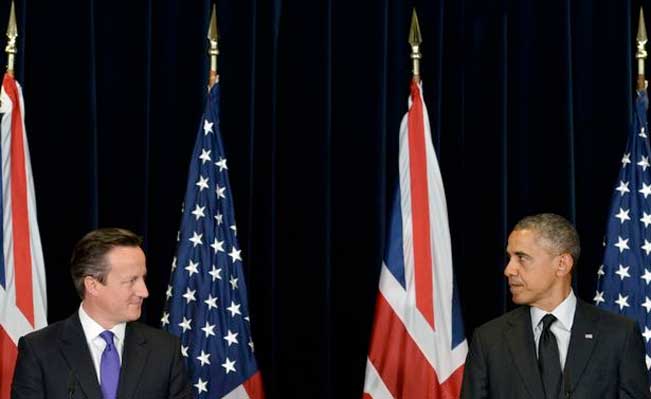
Lindsey German: What we are seeing in Iraq now is blowback on a major scale, yet many of those responsible are now saying more military intervention will work
David Cameron, writing in Sunday’s Telegraph about the need for Britain to intervene in Iraq, again, wrote:
‘The creation of an extremist caliphate in the heart of Iraq and extending into Syria is not a problem miles away from home. Nor is it a problem that should be defined by a war 10 years ago. It is our concern here and now. Because if we do not act to stem the onslaught of this exceptionally dangerous terrorist movement, it will only grow stronger until it can target us on the streets of Britain.’
Let’s deconstruct his arguments in turn.
The creation of an extremist caliphate in Iraq and Syria is indeed a serious problem. What has allowed it to happen? Contributing to it has been the funding of Isis and other groups in Syria, much of it from princes in Saudi Arabia and from Qatar, in the west’s repeated attempts to overthrow Assad in Syria. Turkey, a Nato member allowed these groups to bring money and arms across its border into Syria. What we are seeing in Iraq now is blowback on a major scale.
The Maliki government, now unceremoniously dumped by its erstwhile western backers, helped to foster sectarian tensions and discrimination which led many Sunnis in western Iraq to support Isis. Their policies built on those of the US and British occupiers, who deliberately played off different groups and effectively broke the country into three different parts, with the consequences we are now seeing.
‘The problem shouldn’t be defined by a war 10 years ago’. Why on earth not (it was 11 years ago actually, and the US occupiers only left two years ago)? It was a defining moment in Middle East history, it destroyed the infrastructure, worsened sectarian tension and fighting. Even more tellingly, millions opposed it even before it took place, many of whom predicted the instability and chaos, not to mention war virtually without end, that has in fact ensued. Those who don’t want us to put this argument are the ones who told us it would work, just as they are saying this new intervention will work.
‘It will grow stronger and target us in Britain’ David Cameron is worried that if we don’t fight Isis in Iraq, they will come over here to attack Britain. Perhaps he and his predecessors should have thought of that a little while back. Again, those of us who opposed the wars argued from 2001 that they would create more terrorism, not eradicate it. This was backed by the government’s own intelligence services, who have said that the wars in Afghanistan and Iraq have increased the level of terrorism.
The convenient amnesia demonstrated by Cameron is very widespread among politicians and media. I have been interviewed a lot over the situation in Iraq over the past week. Nick Ferrari, the right wing London radio presenter, argued that it was no good arguing about context, what people wanted to know was what to do now, when Yaziris were dying on isolated mountains.
Similarly, Telegraph leader writer Tim Stanley, who presumably knows the history, also wants to forget it, claiming that there was no point in rehearsing old arguments, when I suggested on Sunday Morning Live that there was a history to all this.
But history and context are much too difficult for those who want to drum up support for more wars. Any alternative might require serious thought about whether military intervention was a good thing. And that might turn even more people against it.
Lindsey German on BBC TV making the case against intervention in Iraq by the United States and Britain.

